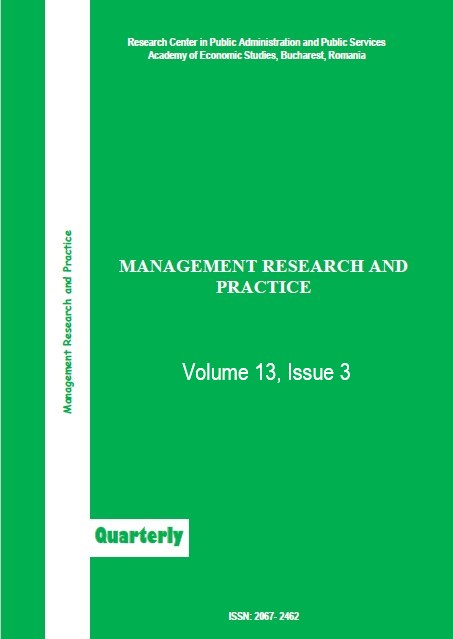INNOVATIVE AGRI-FOOD VALUE CHAIN MANAGEMENT THROUGH A UNIQUE URBAN ECOSYSTEM
INNOVATIVE AGRI-FOOD VALUE CHAIN MANAGEMENT THROUGH A UNIQUE URBAN ECOSYSTEM
Author(s): Marius Constantin, Mădălina Elena Deaconu, Simona Roxana PătărlăgeanuSubject(s): Geography, Regional studies, Business Economy / Management, Environmental Geography
Published by: Academia de Studii Economice - Centrul de Cercetare in Administratie si Servicii Publice (CCASP)
Keywords: circular economy; community garden; agri-food supply chain; sustainable urban ecosystem management; decarbonized economy;
Summary/Abstract: Although agriculture has significantly evolved over the last decades, it is still adapting to the circular, innovative and digital economy; to the upsurge of modern agricultural technologies and to the imminence of environmental greening, especially in the European Union. The links involved in global agri-food value chain are transitioning from being economically competitive to being economically competitive and sustainable. The importance of greening the global agri-food chains along all of its links is instiled in the 2030 Agenda for Sustainable Development, the European Green Deal, the 2030 Climate Target Plan. In this context, the objective of this research was to design a circular agricultural system in the urban environment, and, more specifically, a solution for managing multidimensional complex issues, right in the campus of the Bucharest University of Economic Studies. A bibliometric analysis was elaborated with the purpose of identifying the favorable context and opportunity for implementing such a solution, grounded in the principles of urban agriculture. The result of this study consists of the authors’ envisioned ‘agro-urban’ ecosystem; more specifically, an urban rooftop community garden that responds to challenges such as: limited resources (water, soil, labor force), unfavorable environmental conditions (specific to urbanization) and others. The proposed model is easily replicable and facilitates the transition to a cleaner, greener, circular economy.
Journal: Management Research and Practice
- Issue Year: 13/2021
- Issue No: 3
- Page Range: 5-22
- Page Count: 18
- Language: English

